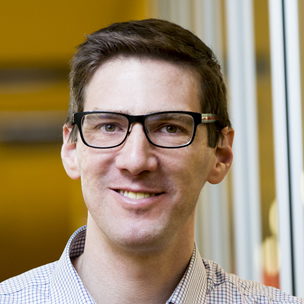Jason Steffener’s research focuses on understanding how neuroplastic changes in brain activity maintain cognitive performance despite changes in brain structure and blood flow resulting from normal aging, disease or injury. Furthermore, he studies how individual differences and lifetime exposures, e.g. education and physical activity, facilitate the adaptability of the brain.
This research uses neuroimaging assessments of task-related functional brain activation, brain structure and cerebrovasculature. Neural, cognitive, behavioral and demographic measures are integrated into a unified research model which is tested using mathematical models and moderated-mediation path analyses. Univariate, multivariate and permutation statistical analyses are conducted using high performance grid computing approaches with in-house developed software.
Professor Steffener’s Ph.D. focused on signal processing with a dissertation on olfactory processing in the brain using MRI. He completed a postdoctoral fellowship in cognitive aging under the mentorship of Dr. Yaakov Stern at Columbia University Medical Center (CUMC) in NYC, NY USA. He stayed at CUMC as an assistant professor before coming to Concordia University in Montreal and then to the University of Ottawa.
